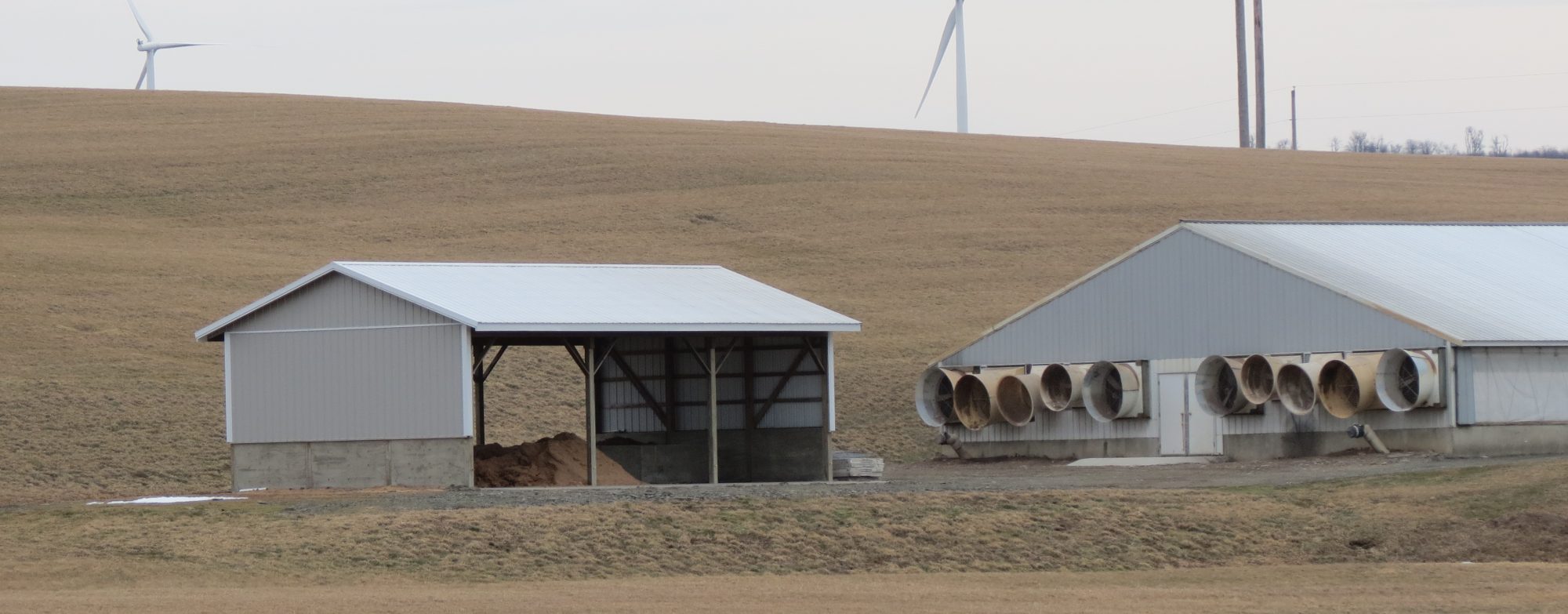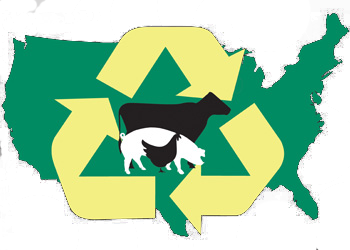Waste to Worth home | More proceedings….
Abstract
Raw poultry litter has certain drawbacks for energy production such as high ash and moisture content, a corrosive nature, and low heating values. A combined solution to utilization of raw poultry litter may involve fractionation and pyrolysis. Fractionation divides poultry litter into a fine, nutrient-rich fraction and a coarse, carbon dense fraction. Pyrolysis of the coarse fraction would remove the corrosive volatiles as bio-oil, leaving clean char. This paper presents the effect of fractionation and pyrolysis process parameters on the calorific value of char and on the characterization of bio-oil. Poultry litter samples collected from three commercial poultry farms were divided into 10 treatments that included 2 controls (raw poultry litter and its coarse fraction having particle size greater than 0.85 mm) and 8 other treatments that were combinations of three factors: type (raw poultry litter or its coarse fraction), heating rate (30 or 10 °C/min), and pyrolysis temperature (300 or 500°C). After the screening process, the poultry litter samples were dried and pyrolyzed in a batch reactor under nitrogen atmosphere and char and condensate yields were recorded. The condensate was separated into three fractions on the basis of their density: heavy, medium, and light phase. Calorific value and proximate and nutrient analysis were performed for char, condensate, and feedstock. Results show that the char with the highest calorific value (17.39MJ/kg) was made from the coarse fraction at 300°C, which captured 68.71% of the feedstock energy. The char produced at 300°C had 42mg/kg arsenic content but no mercury. Almost all of the Al, Ca, Fe, K, Mg, Na, and P remained in the char. The pyrolysis process reduced ammoniacal-nitrogen (NH4-N) in char by 99.14% and nitrate-nitrogen (NO3-N) by 95.79% at 500°C.
Authors
Kaushlendra Singh, West Virginia University Kaushlendra.Singh@mail.wvu.edu
L. Mark Risse*, K.C. Das, John Worley, and Sidney Thompson, University of Georgia
The authors are solely responsible for the content of these proceedings. The technical information does not necessarily reflect the official position of the sponsoring agencies or institutions represented by planning committee members, and inclusion and distribution herein does not constitute an endorsement of views expressed by the same. Printed materials included herein are not refereed publications. Citations should appear as follows. EXAMPLE: Authors. 2013. Title of presentation. Waste to Worth: Spreading Science and Solutions. Denver, CO. April 1-5, 2013. URL of this page. Accessed on: today’s date.

